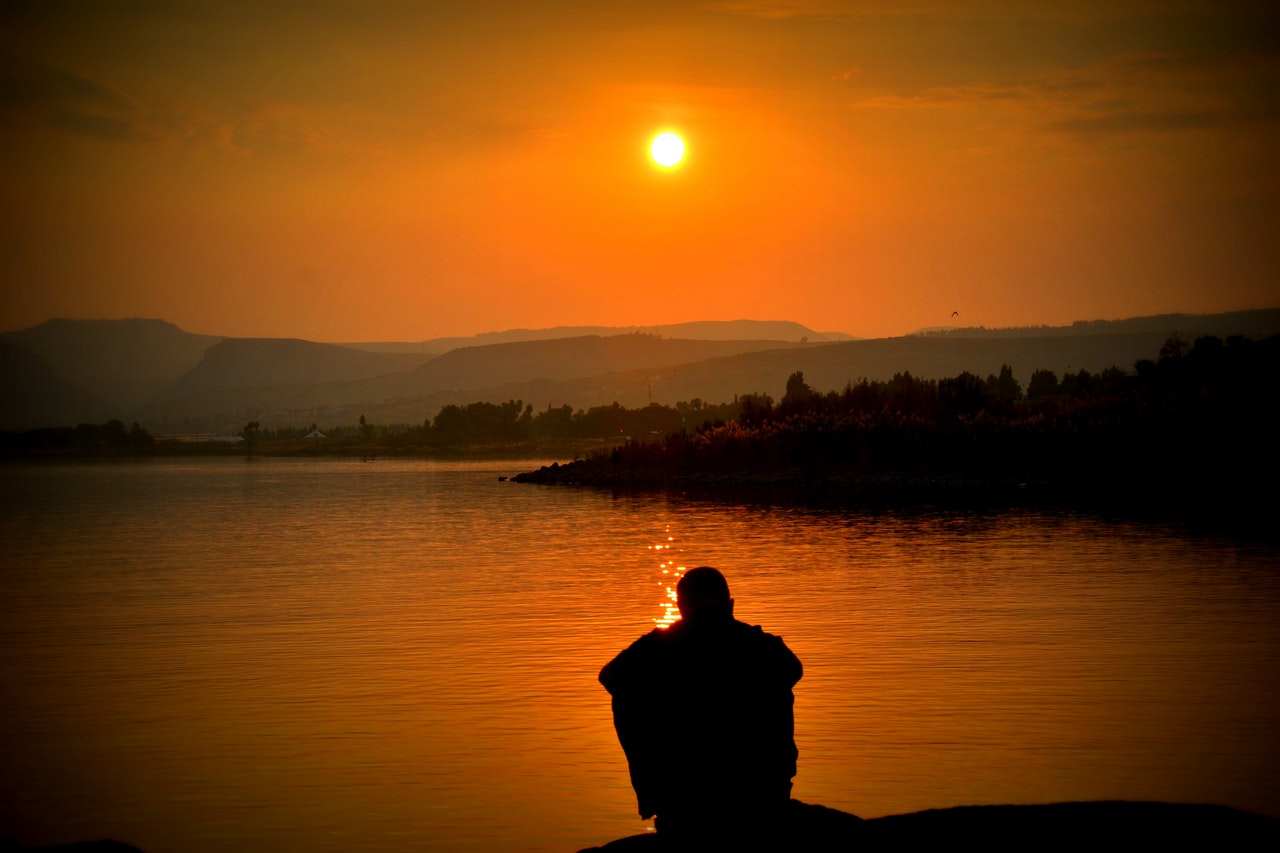Have you ever felt that you couldn’t do anything right in a relationship?
Have you ever had a person blame you when it wasn’t your fault?
Is it possible to remain open and emotionally engaged when someone unleashes their anger and frustration on you? As someone who has learned this firsthand, how you choose to handle these difficult times is a huge part of your story.
Blame is a powerful word that assigns fault or wrongdoing on others. It’s when something goes wrong, you immediately begin to point the finger at the other party. Its energy is high and packed with emotional intensity (punch). It has the potential to be incredibly toxic, destructive and degrading, especially if you are on the receiving end. It can leave you feeling like you are a bad person and worthless.
Blaming is learned at an early age. It is a behavior that is used to escape anger, shame, fear, or even punishment. We all do it! After all, it makes us feel better when we have someone else to pin it on. Blaming another person is easier than taking accountability!
As Brené Brown discovered in her research on blame, “that accountability is a vulnerable process that takes courage and time. It means me calling you and saying, ‘hey my feelings were really hurt about this’, and talking. People who blame a lot seldom have the tenacity and grit needed to hold people accountable. Shifting the blame is putting the responsibility on another and rarely establishes a habit of ownership.”
Anytime we are blamed by someone we care about or love, we need to examine what part of the situation we own. Since we know how ugly it is, we need to be conscientious to keep from making the same mistake. As you dig deep to evaluate your own behavior, ask yourself, “what was my intention? Was there truth in what was said?” Bottom line, if you find there was validity in what the other person was saying, then you can use this as an “aha moment” to learn and grow from it. “It takes courage to take ownership” of your own behavior and that alone is not an easy feat.
It is difficult to uphold and maintain a relationship with someone who is committed to blame. You may spend your entire life proving to the blamer who you are, taking every opportunity to explain yourself and your truth. Your best efforts, intentions, and actions are unable to be felt or understood. It’s not that the blamer doesn’t care. To the contrary, they do have moments when they care. It’s their needs that override everything in heated moments and your sole purpose is to help them release the anger and frustration. They need you to be the bad guy in order to discharge the anger or pain they are feeling. Being consistently blamed can be overwhelming and takes its toll on you both emotionally and physically.
Remember, in life you can only control yourself and how you authentically show up for those around you. It is up to you to determine how much energy you put forth to justify, correct or convince a blamer of your intentions and actions. Only you can control “how” and “if” you want to continue a relationship with someone who chooses blame instead of choosing to see who you actually are.
Here are some questions to reflect upon as it relates to blame. Picture a close friend reading your responses. Often we allow ourselves to suffer more that those we love. Would you allow them to put up with the things you are allowing in your own life?
What is my role with the blamer? Do I have a part in it? Is there truth in it?
What are my intentions in this relationship?
Have I tried to share or express my feelings to the blamer?
Can this person be interested in hearing me or be open to listening?
Is there emotional safety to express how I feel in the presence of this person?
Do I have the right boundaries in place to protect my inner self?
Are you able to separate their negative projections and not take them on?
Can you live wholeheartedly and maintain a sense of strong emotional health when living with a blamer?
Are you able to maintain self-compassion when dealing with a blamer?
How does the blamer affect your vulnerability?
Do you want to remain in a relationship with someone who is unable to see you for who you are?
If a person doesn’t want to take responsibility for the consequences for their actions, they may try to blame others. Don’t accept the blame or try to fix things for them when you’ve done nothing wrong. They need to learn that if they want different outcomes, they will have to make different choices.
Doe Zantamata



